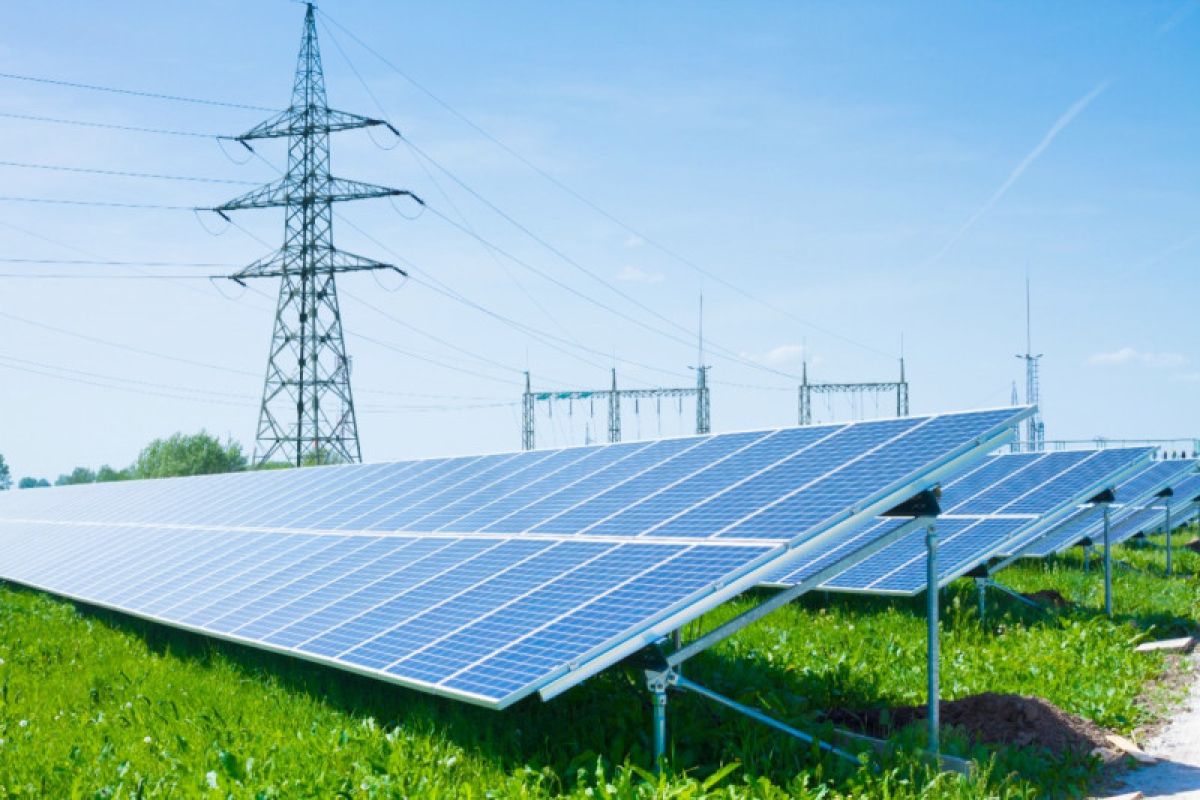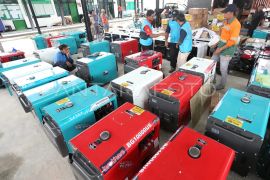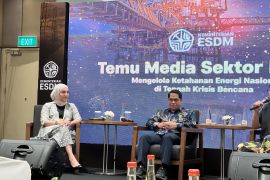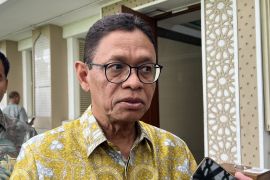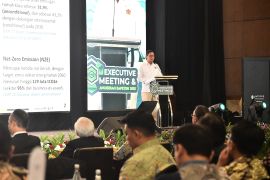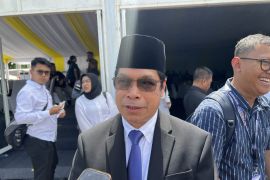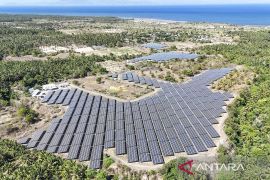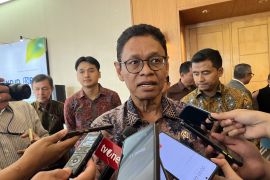The transition must be conducted comprehensively and carefully in various stages by considering competitiveness, cost, availability, and sustainability to ensure a smooth transitionJakarta (ANTARA) - The Ministry of Energy and Mineral Resources encourages G20 member countries to conduct comprehensive and meticulous energy transition while facing various global challenges by taking into account competitiveness, cost, availability, and sustainability.
Director-General of Oil and Gas at the Ministry of Energy and Mineral Resources Tutuka Ariadji remarked that the Russia-Ukraine conflict had put economic pressure on G20 members, especially with the increasing demand for energy in line with the population and economic growth. This phenomenon necessitates bigger efforts for energy transition.
"The transition must be conducted comprehensively and carefully in various stages by considering competitiveness, cost, availability, and sustainability to ensure a smooth transition," Ariadji noted in his statement on Thursday.
Related news: Govt encourages solar power plant utilization to achieve EBT target
Apart from focusing on energy transition, G20 members must take concrete actions to improve mitigation mechanisms and resilient energy supplies, including in developing countries that have been particularly affected by the recent increase in energy prices.
Ariadji stated that a safe and resilient energy supply chain for all available energy sources was important for future energy security and achieving carbon neutrality targets.
"All G20 members, including Indonesia, have targeted to reach net-zero emissions in 2060. In the long-term strategy, we mapped out the 2060 net-zero emissions through the National Grand Strategy of Energy (GSEN) that aimed at balancing clean energy transition with national energy security," he remarked.
The Indonesian government also realizes that cooperation with all parties is deemed necessary to ensure energy security. Through global cooperation, the use of cleaner energy can be increased and encourage innovative clean technologies, such as CCS/CCUS, to realize a reliable and sustainable energy transition.
Related news: G20 plays strategic role in boosting Indonesia's renewable energy
In a bid to intensify international cooperation, Indonesia's Presidency in the 2022 G20 has established three pillars -- Global Health Architecture, Digital Economy Transformation, and Sustainable Energy Transition -- deemed relevant to tackle the current global challenges.
These three pillars are expected to actualize the main theme of the 2022 G20: Recover Together, Recover Stronger.
Furthermore, the sustainable energy transition pillar has set three main priority issues in the form of access, technology, and financing. These three priority issues are important aspects in responding to the interrelated challenges of economic growth, energy security, and climate change.
"We need supporting policies and investment to ensure energy security," Ariadji noted.
He also expressed optimism that Indonesia would collaborate to take concrete actions to maintain energy security during the energy transition among the G20 members and others.
Related news: Indonesia recommends report on gender indicators in business at G20
Related news: G20 presses for integrated monetary policies: BI
Translator: Sugiharto Purnama, Resinta S
Editor: Fardah Assegaf
Copyright © ANTARA 2022
